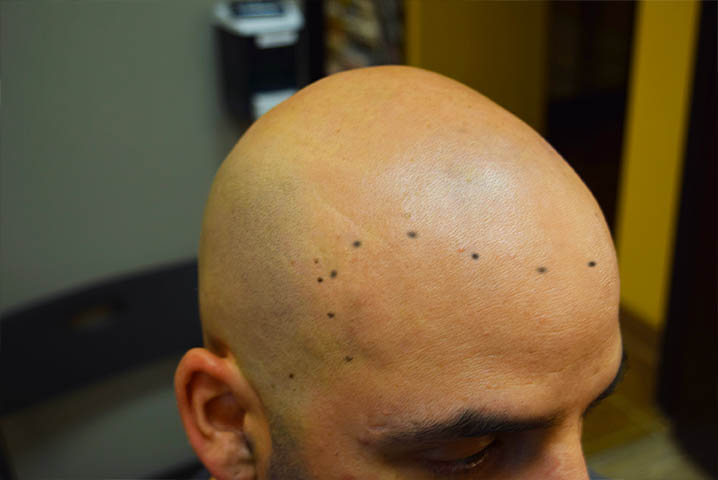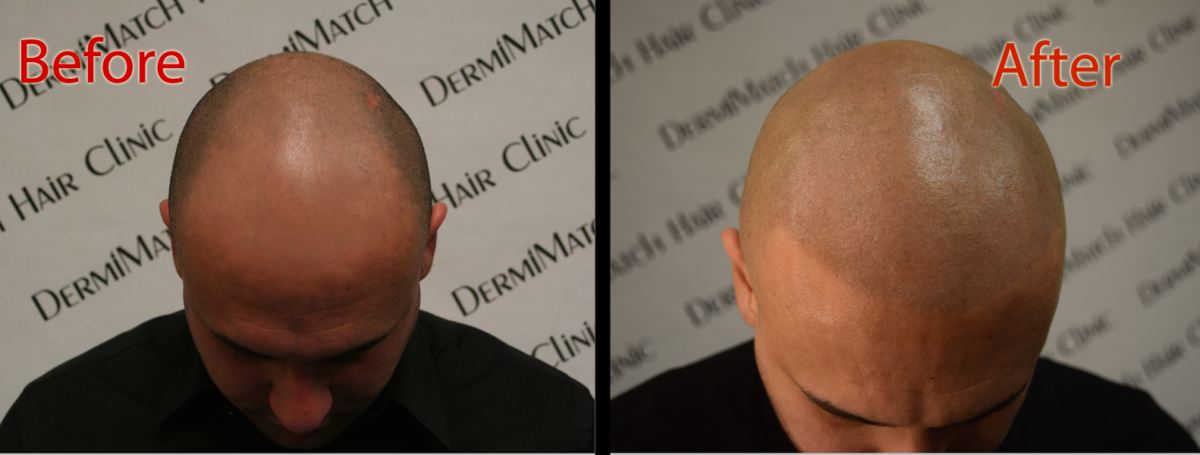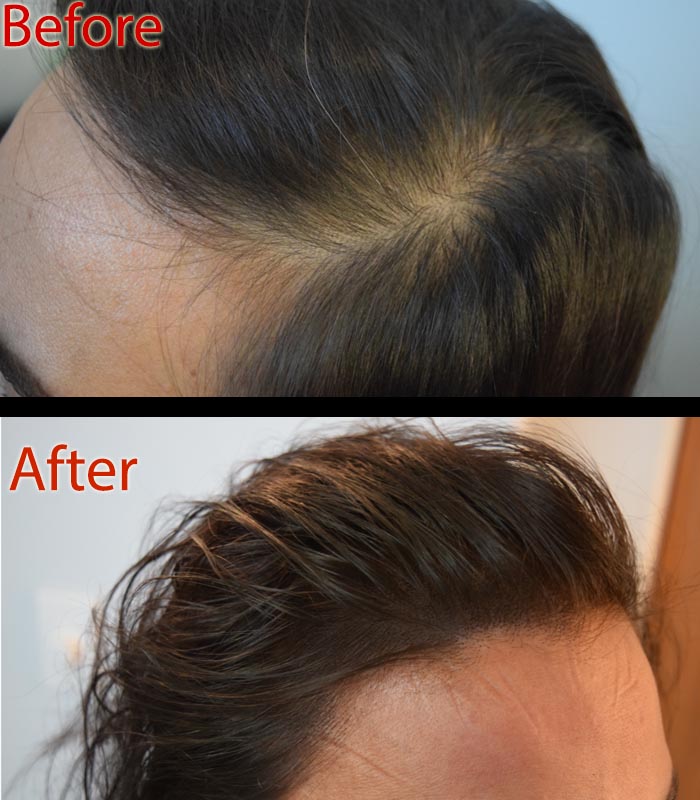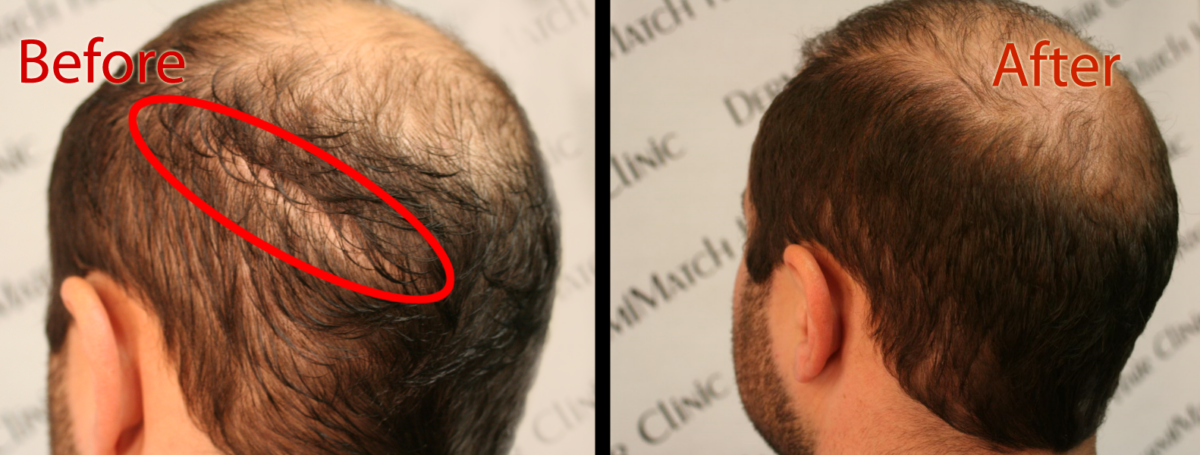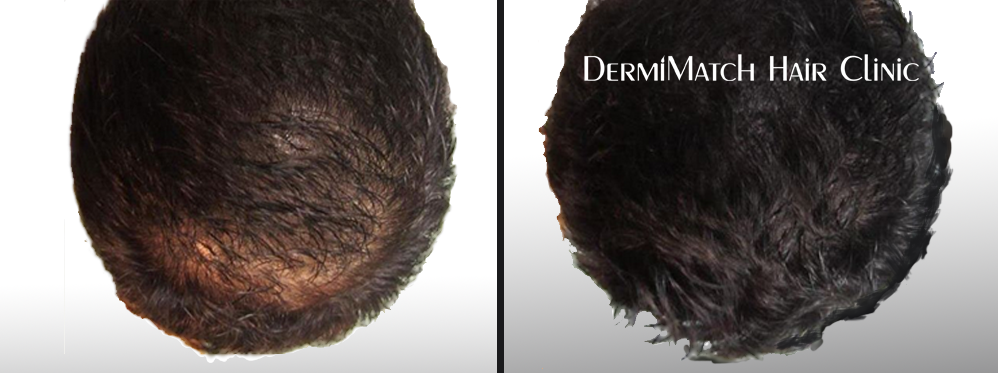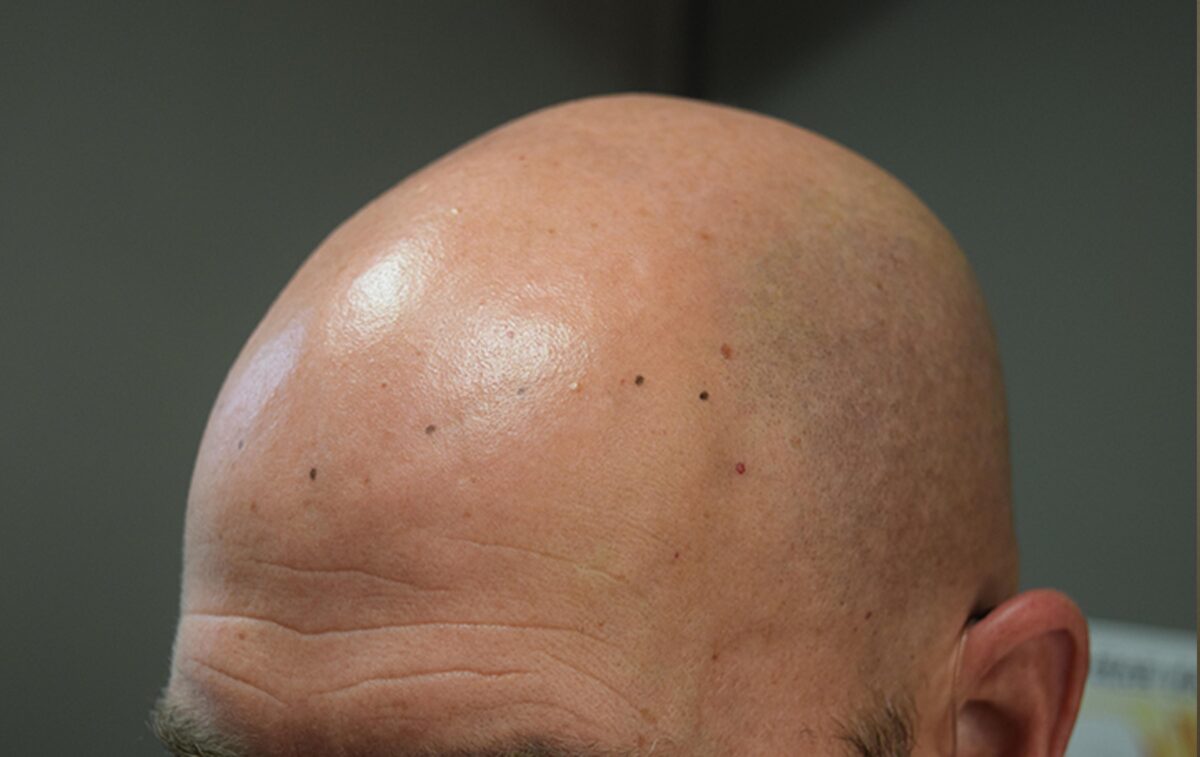Coconut oil for hair growth? Well, coconut oil is widely promoted for various hair benefits, including stimulating hair growth. So, you often wonder if coconut oil for hair loss works. Well, despite its popularity, the scientific evidence examining coconut oil specifically for hair growth is currently limited and inconclusive.
While a few studies show some potential indirect benefits of coconut oil for strengthening hair, reducing breakage, and improving appearance, there is no definitive research to prove coconut oil directly increases hair growth rates or prevents alopecia in humans.
A Closer Look at The Efficacy of Coconut Oil for Hair Loss
One often-cited study, published in the Journal of Cosmetic Science in 2003, found coconut oil reduced protein loss in both damaged and undamaged hair when used as a pre-wash or post-wash hair product.
This suggests coconut oil could potentially help strengthen hair fibers by retaining protein content, leading to less breakage. However, reducing mechanical breakage from brushing does not directly translate to stimulated hair growth or new hair production.
Currently, there are no conclusive clinical studies confirming the efficacy of coconut oil for hair growth or directly treating hair loss conditions in humans.
While some research shows cellular-level effects from isolated coconut oil compounds in promoting factors related to growth, this data has limitations. Most studies use concentrated derivatives of coconut oil, not raw natural oil. Research has primarily been conducted in vitro or on animals.
While anecdotes and claims about coconut oil remedies abound, the current body of scientific literature lacks rigorous clinical trials to back up hair growth effects in humans. Much more research is needed before determining efficacy.
Potential Benefits Beyond Hair Growth
However, coconut oil use may offer other potential benefits for hair health and appearance unrelated to growth promotion, including:
- Moisturizing dry, brittle hair by providing nourishing fatty acids
- Reducing protein loss that can lead to weakened hair and breakage
- Enhancing shine, smoothness, and manageability as a leave-in styling product
However, as with any topical product, moderation is key with coconut oil. Using too much can lead to build-up or a greasy appearance. Those with an oily scalp may want to avoid roots altogether and focus application only on the mid-lengths to ends of hair.
Consulting Experts for Personalized Advice
While coconut oil may be helpful in an overall hair care regimen for some, relying on it as the sole solution for significant hair loss conditions requires realistic expectations.
Hair growth is complex, and medical-grade treatments are likely necessary to stop progressive thinning, like pattern baldness. Clinical studies support options like FDA-approved medicated topicals and oral medications.
Coconut oil may offer potential strengthening benefits but expect modest results. Approach new products carefully, test for reactions, and follow professional advice suited to your needs.
Scientific research remains vital for unraveling coconut oil’s effects. But standardized, regulated treatments still represent the most reliable approaches for stimulating growth and preventing alopecia.
Coconut Oil for Hair Loss Versus SMP
While some may pin their hopes on home remedies like coconut oil to naturally combat hair loss, the sobering truth exposed by scientific scrutiny is that these DIY options often fail to produce game-changing restorative results. However, innovative medical-grade solutions like scalp micropigmentation (SMP) now exist to successfully transform even the most distressed heads of hair into flawlessly fuller-looking ones.
This breakthrough treatment leverages meticulous technique to recreate the appearance of shaved stubble or a buzzcut, effectively camouflaging thinning areas with dramatic optical illusions of density.
Unlike unpredictable home treatments, scalp micropigmentation offers a consistent solution backed by proven superiority in aesthetically restoring hair – all while avoiding messy oils that may yield more disappointment than visible change. When ready to revitalize your fading follicles, upgrade to SMP.
Find the best SMP artist in Phoenix at DermiMatch Clinic. It has experts with in-depth knowledge, skills, and expertise in scalp micropigmentation. Choose the best hands for your Phoenix SMP procedure now.

